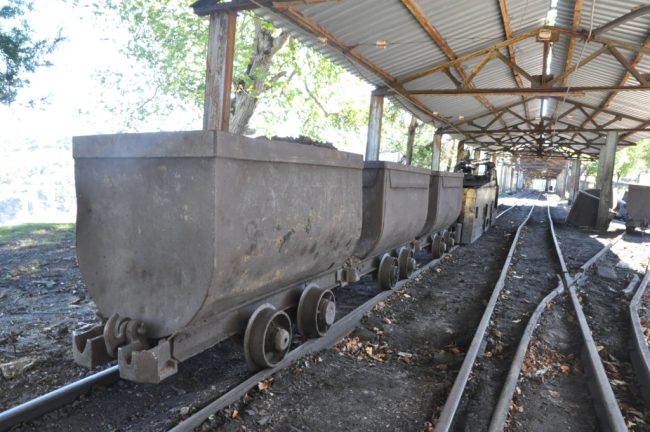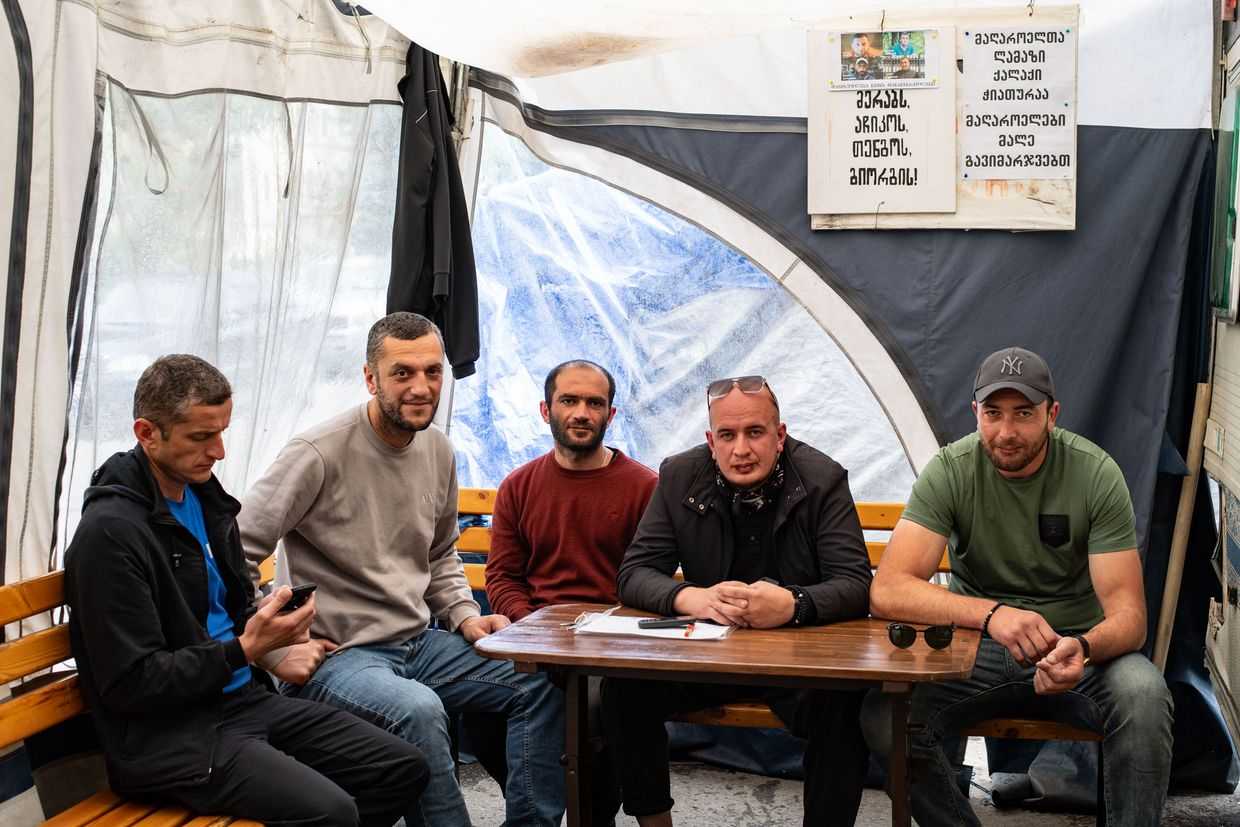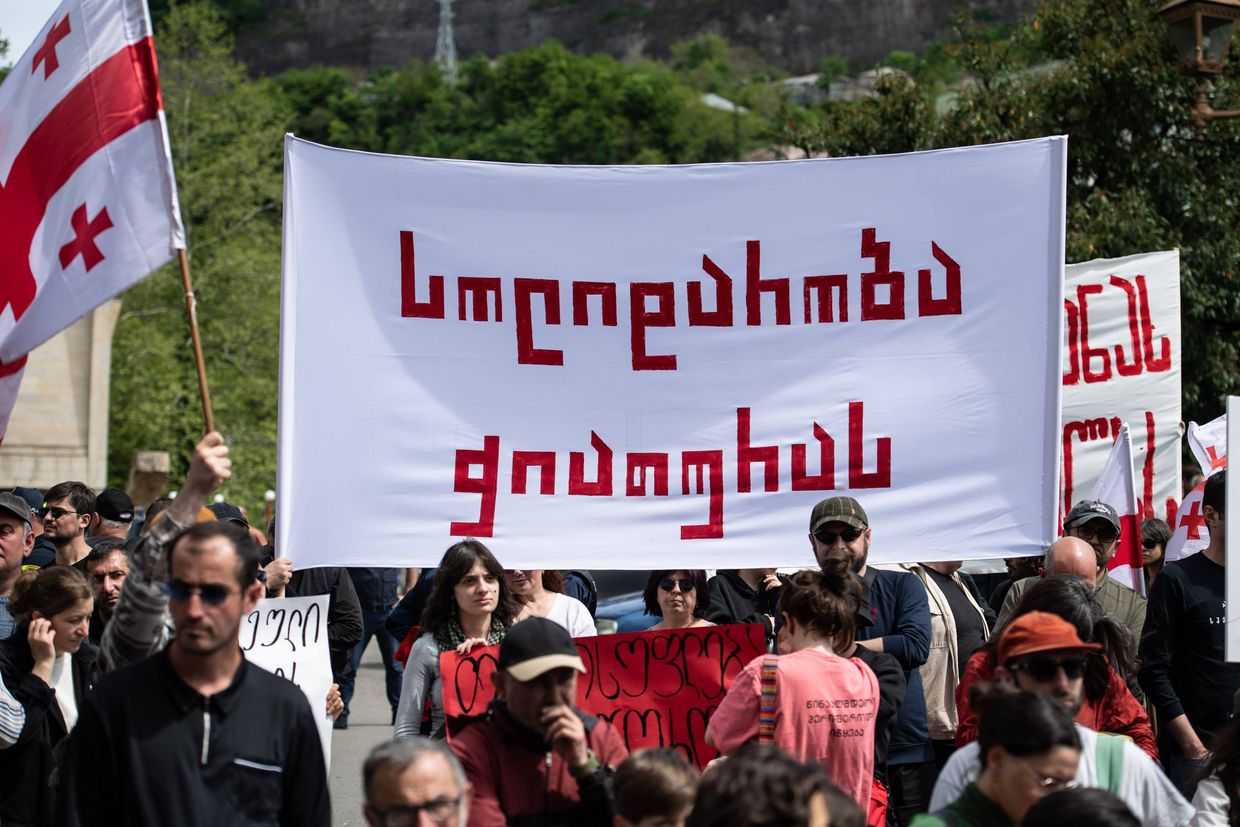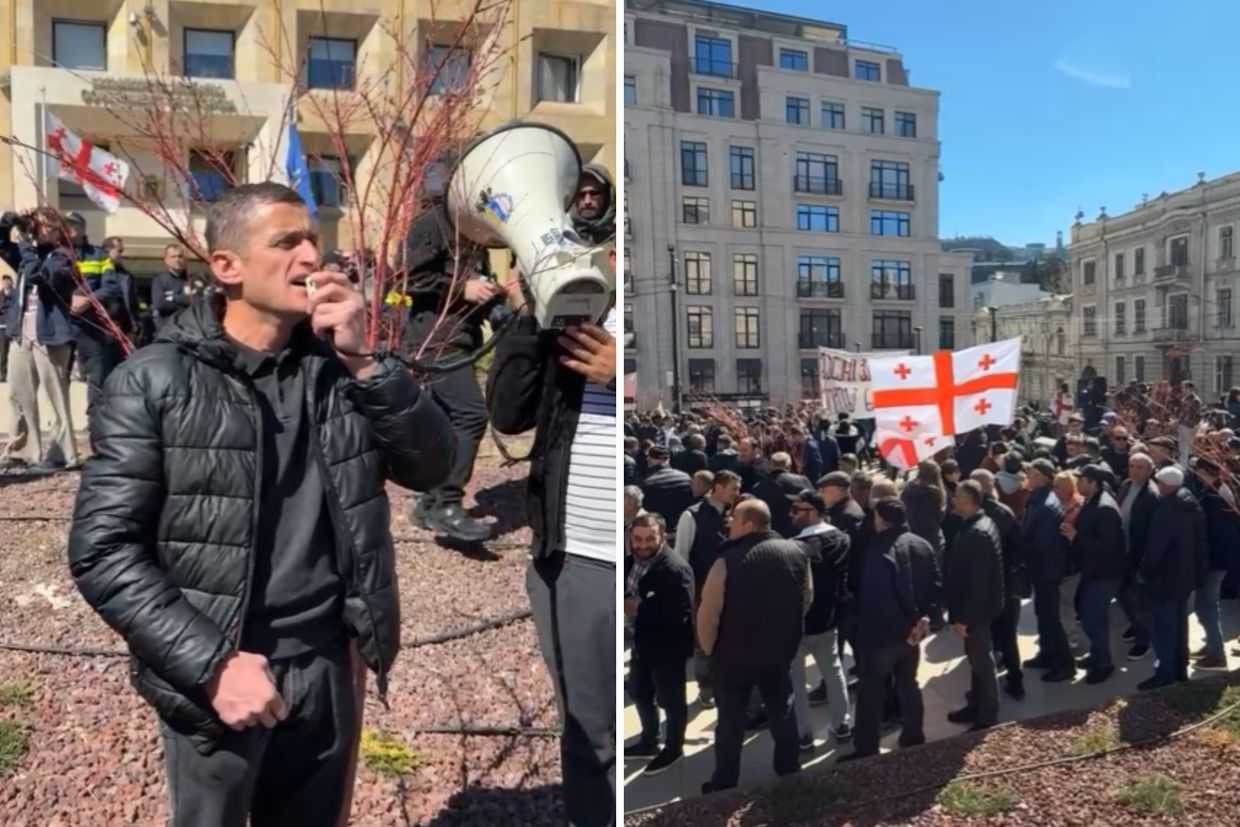


A worker died in a mine in Chiatura, an industrial town in central Georgia, on Monday, after a tunnel collapse.
Zaza Abramashvili, 45, died at around 05:00 on 26 March, the Trade Union of Metallurgy, Mining, and Chemical Industry Workers said.
The union claimed that the area where Abramashvili was working was a high risk, ‘but the administration made him work there’.
Georgian Manganese, the owners of the manganese mines in Chiatura and the biggest employer in the town, has said more detailed information about the accident will follow.
The Interior Ministry has launched an investigation into a possible breach of health and safety rules.
Georgian Manganese, a subsidiary of the larger, Florida-based firm Georgia-American Alloys, is registered in Luxembourg. Georgia-American Alloys also owns a ferroalloy plant in Zestaponi, — Georgia’s largest silicomanganese processing plant — and Vartsikhe, a nearby hydroelectric facility that powers factories in Zestaponi and Chiatura.
The company has faced repeated accusations of employing exploitative labour practices, which have allegedly caused injuries and deaths of the workers. The company has denied any violations of the law.
Changes in the labour legislation
Over 1,300 workers have been killed or injured in occupational accidents in Georgia over the past eight years, according to official statistics. Data obtained from the Ministry of Internal Affairs by OC Media shows that in 2010–2017, 359 people were killed and 984 injured in workplace accidents.
Georgia’s Parliament adopted a long-awaited bill on labour safety this month after facing pressure from labour rights groups. The law mandates higher fines for employers violating safety rules, but these will only apply to 11 ‘hazardous’ sectors.
These are: transport, light industry, furniture manufacturing, glass production, heavy industry, the oil and gas industries, metallurgy, mining, construction, electricity, and chemical production.
The sanctions envisaged by the Law on Safety at Work will take effect after 1 August 2018.
The Public Defender’s Office said on Monday that adopting this law ‘should be assessed as a step forward’. However, they criticised the law, as labour inspectors will still be unable to inspect workplaces without their prior consent.








